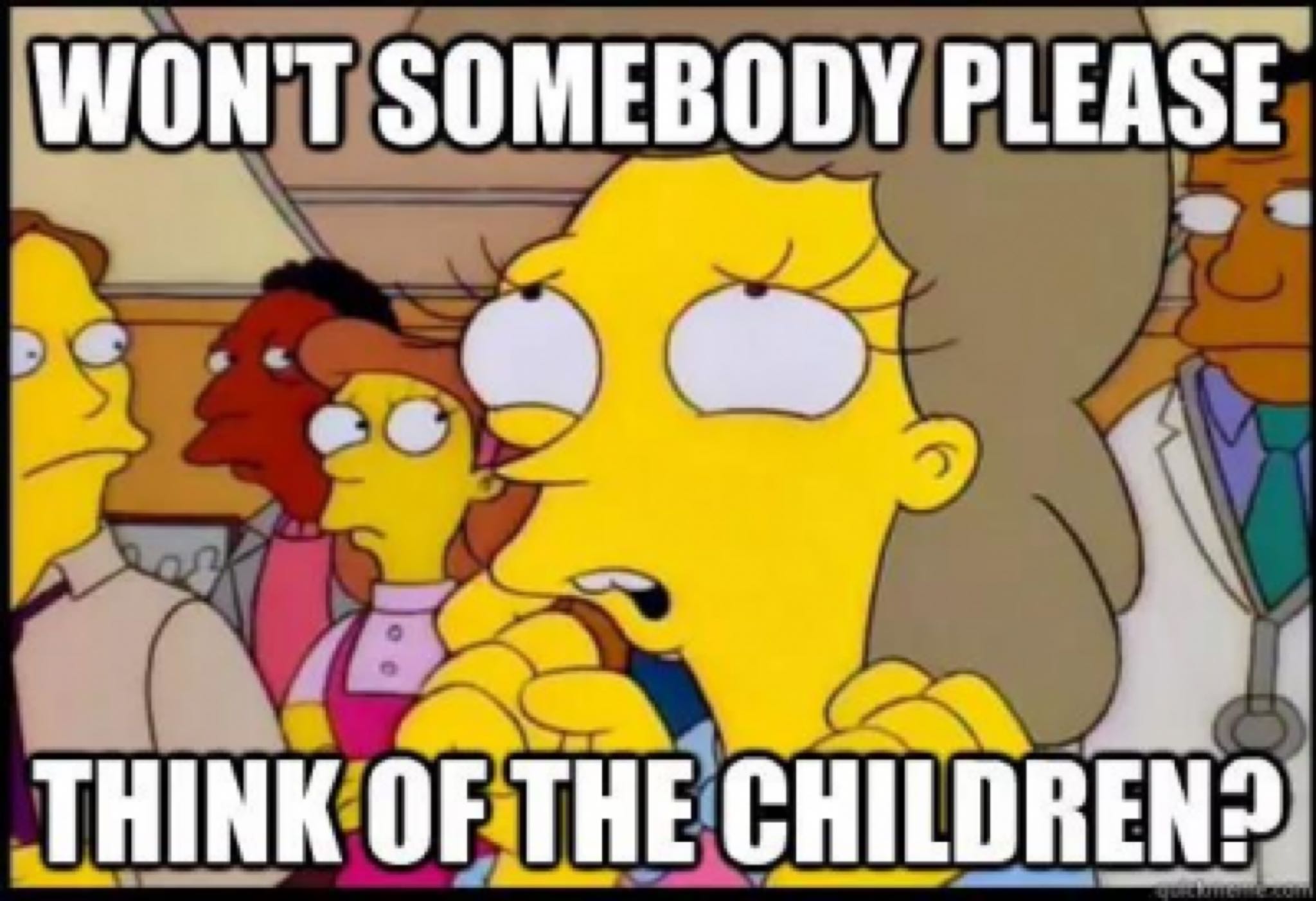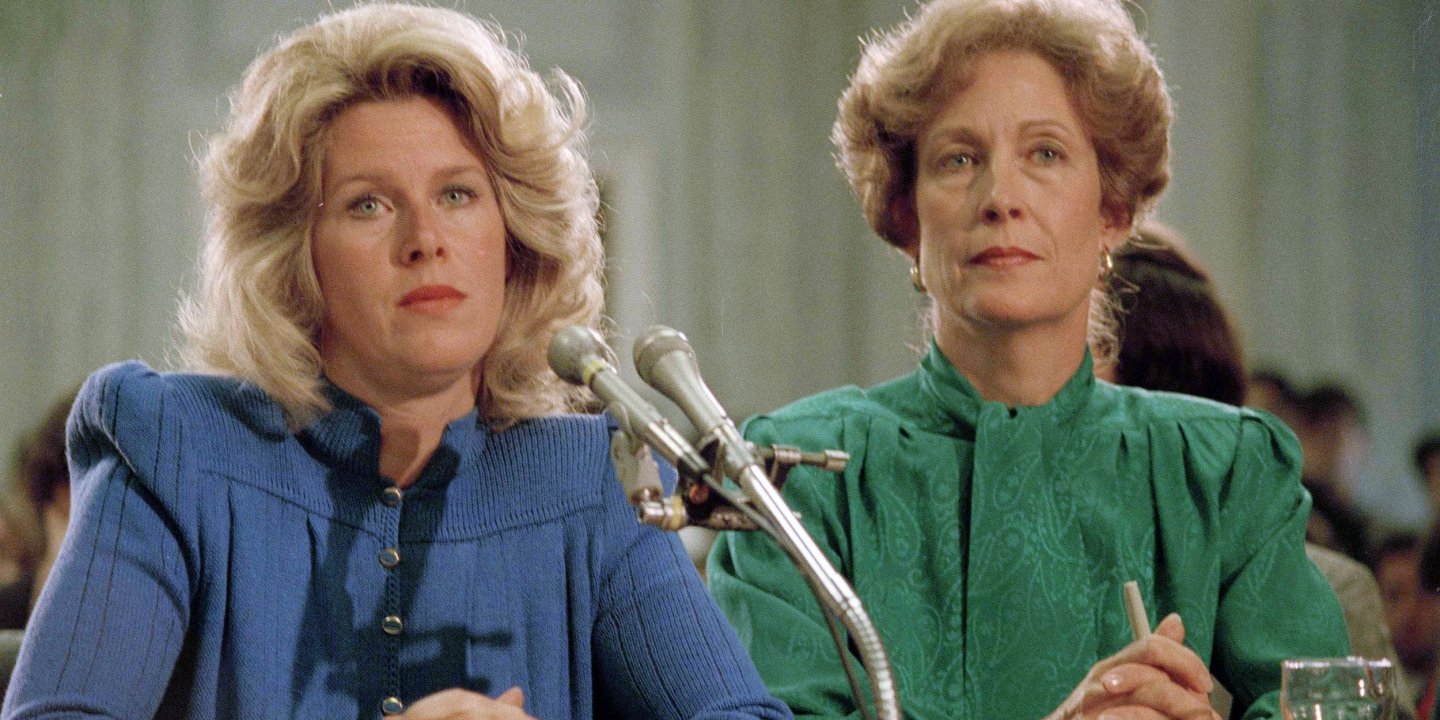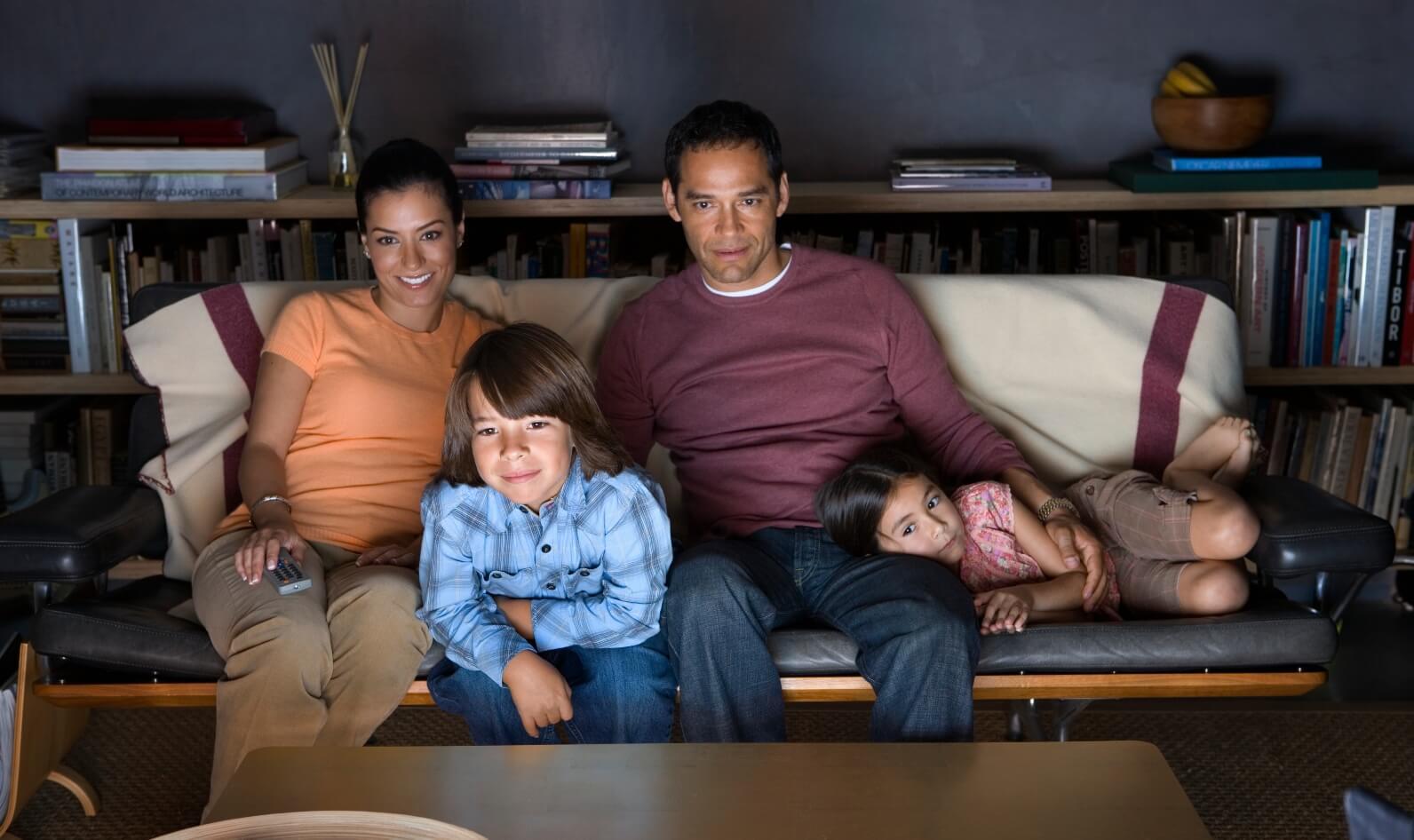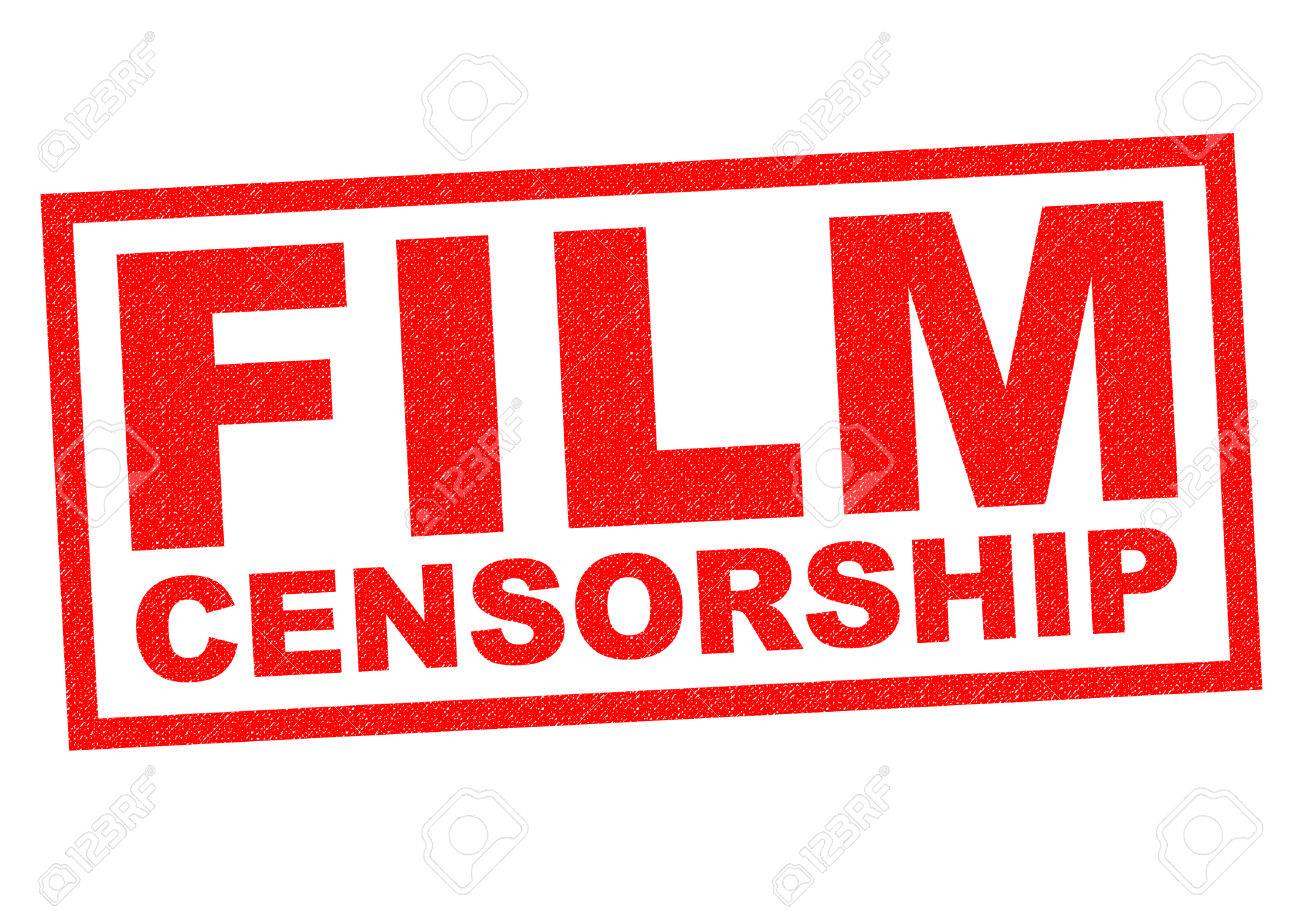Why Media Censorship Is Bad For Malaysians
In case you’re a Malaysian and have been living under a rock, you’ve probably heard of Ahmad Idham, the CEO of the National Film Development Corporation Malaysia (FINAS). For the last few days, there’s been a torrent of discussion regarding how FINAS has been pushing the notion forward of government-regulated censorship on digital media platforms. Namely, the streaming service provider, Netflix. Needless to say, Idham has caught massive flack for his comments. Many pointed out that such Orwellian measures were deemed unnecessary seeing that Netflix has existing features to keep children away from mature, or “harmful” content. Some folks have also pointed out the irrelevance of such archaic practices seeing that the Film Censorship Board of Malaysia (LPF) is already prescribing the necessary age ratings for films. On the debate about whether or not media censorship is necessary in this country, rest assured we stand squarely in opposition to the concept.

Believe it or not, there are unforeseen consequences that could be detrimental to the Malaysian public of the now and for generations to come. In spite of the fact that Idham has declared that he will not play “moral police”, we have little doubt that future efforts will be made to implement such regulations once more. It is our hope that Malaysians will hear our spirited case against the use of media censorship in this country.
Immaturity For Mature Challenges
If I may quote a line from British Indian novelist, Salman Rushdie: “Nobody has the right to not be offended. That right doesn’t exist in any declaration I have ever read.” We live in a world full of differing views and beliefs. Malaysians more than anybody else in the world should understand this, seeing that we’ve spent quite a bit time purporting how multicultural and tolerant we are. At some point, however, these differing views will eventually collide with one another.

For example, I’m sure a devout Muslim would probably find the notion of another person’s belief quite blasphemous or contradictory to their own. A liberated, independent Malaysian woman may find the old school principles of wifehood held by an elderly uncle sexist if not downright offensive. So what’s the solution to this issue? Do we merely pretend that these differences do not exist or do not matter? Sweep it under the rug and move on? The answer is no.
Media, in the form of both television and cinema, is ultimately discourse and every discourse comes with a set of ideological (and even religious) underpinnings.
When someone decides to sit down to watch a show or programme, they agree to a non-verbal contract to be part of a cultural experience. Just as we suspend our disbelief when watching a fantasy show with regards to the nature of reality and the existence of magic, we must check our moral and cultural hangups at the door when approaching a film or TV series.

Instead of passing judgment on a show merely because it doesn’t align entirely with our views, we should actually try to understand where the creators and characters of the show are coming from. Are we to stop watching shows like Game of Thrones, Breaking Bad and Narcos because the characters in them do morally reprehensible things? Absolutely not.
If we never engage with content that challenges our views of the world, we never grow as human beings. We stay in our comfortable, cultural bubbles demonizing the outside world and spreading misconceptions about it. That kind of mentality breeds contempt, racism and is diametrically opposed to the values we apparently stand for.

At this point, some more conservative readers may be saying to themselves “Fine, maybe we should learn to be more open to cross-cultural experiences, even if they do offend our sensibilities but what about the children?” Oh yes, whoever shall be the children’s moral guardians to ensure they do not consume media of explicit language, violence and sexual content? Oh, I don’t know…maybe their parents!
Responsibility Over Regulation
Time after time, I’ve seen Malaysian parents sneak their children into R-rated films, only for them to later whine about how modern films are corrupting our youth. Parents who plop their children in front of a television with Netflix unsupervised are somehow surprised that their kids learn inappropriate things. So instead of learning from their mistakes and taking responsibility to sit with their children to source for wholesome content, they lay the blame on media content providers.

They demand that they make shows and films with mature intent safe for juvenile consumption. They lobby for greater oversight and regulation without thinking for a second how it could affect consumers of different demographic. This kind of big-brother nannying is both reckless and unacceptable. It sets a dangerous precedent in which parents entrusts their children’s media consumption to the state. Parents might avoid difficult and awkward conversations with their children or now but this measure is temporal at best.
If children don’t find inappropriate content through television or public cinemas, they will most likely seek it out through other illegal means. The most obvious avenue would be pirating films or series online. In the past, it used to be bootleg DVD salesmen but now children are more tech-savvy than ever before. As much as we believe in personal freedoms, we also believe in the moral authority of parental figures. They decided to have children, therefore, the rest of us shouldn’t be punished for that decision. Instead of asking for censorship, parents should take the time to watch shows with their kids and explain some of the more mature themes to them.
Growing up, I watched shows like Adventure Time, Avatar: The Last Airbender and Hey Arnold which were chalked full of mature subject matters. They dealt with heavy themes like war, genocide, divorce and romantic feelings and they were considered to be child-friendly. So even the shows you think are “safe” could confuse kids if an adult isn’t there to unpackage the message alongside them.

There’s no way to escape it. Parents need to make time to watch age-appropriate TV series and films with their kids and be ready to address tough questions if they should arise. You can’t rely on censorship to be a quick fix, as we’ve explained, it leads to even worse issues. If that sounds like a lot of hard work, then you’re right. It is but if you truly are concerned about your children’s wellbeing you’ll take the time and effort to do it.
Infringement On Authorial Intent
Right, so we’ve talked a lot about how censorship affects the general public but we want to switch gears for a moment to discuss how this issue disrupts the work of artists and critics. It is a known fact that scenes within a film involving kissing, sexual intercourse or any sort of nudity is censored if not entirely omitted in Malaysian theatres. At times, dialogue containing profanity has been bleeped out, though much to uneven effect. Regardless of the 18+ rating, the LPF believes that full-grown adults still need to be protected from adult situations and coarse language. Beyond the fact that this is exceptionally condescending towards Malaysian adults and those offended by such things should do prior research before viewing, it is incredibly disruptive for critics as well.

There are times a sex scene in a film isn’t merely there for the sake of arousing the audience. Such scenes can be crucial for character development or to connote intimacy between two individuals. Sometimes, profanities can be used to bring home a poignant point in a film. Therefore to slice off a chunk of dialogue or to remove an entire scene impedes the viewer’s ability to fully immerse themselves in a film.
What if the scenes and line omitted contained important information needed to understand the full context of the film? Am I suppose to guess what happened during the jarring cuts and read the Wikipedia pages after the film? Furthermore, this is highly disrespectful towards the filmmakers who created them. Like it or not, we should always assume that every scene and dialogue in a film is deliberately placed there with purpose from the director or writer.
Surely they would want us to appreciate their work in its fullness. To slice up their piece and to give us a water-downed version of it is disrespectful to both the auteurs who made the films and the audience members consuming them. It is the equivalent of someone going into an authentic Italian restaurant and demanding that their food be more like Pizza Hut.
At the end of the day, we acknowledge that all media censorship decisions lie within the jurisdiction of LPF. We respect that. That being said, this is the 21st century people. Malaysians need to be more mature about the way they consume media. We need to practice the tolerance we preach. Parents need to take greater responsibility in discerning what is appropriate for their children to watch. Most importantly, we need to respect the work of filmmakers.
If you’re concerned about whether the film you’re watching has “harmful” content, you can always go on IMDb and view the content advisory of said film. 2020 is just around the corner guys, let’s have some faith that Malaysians have maturity and discernment to make the right decisions.
If you’d like to check out our podcast discussion on the same topic:
The post Why Media Censorship Is Bad For Malaysians appeared first on Lowyat.NET.
from Lowyat.NET https://ift.tt/2XKl3ds
Labels: Lowyat
0 Comments:
Post a Comment
Subscribe to Post Comments [Atom]
<< Home